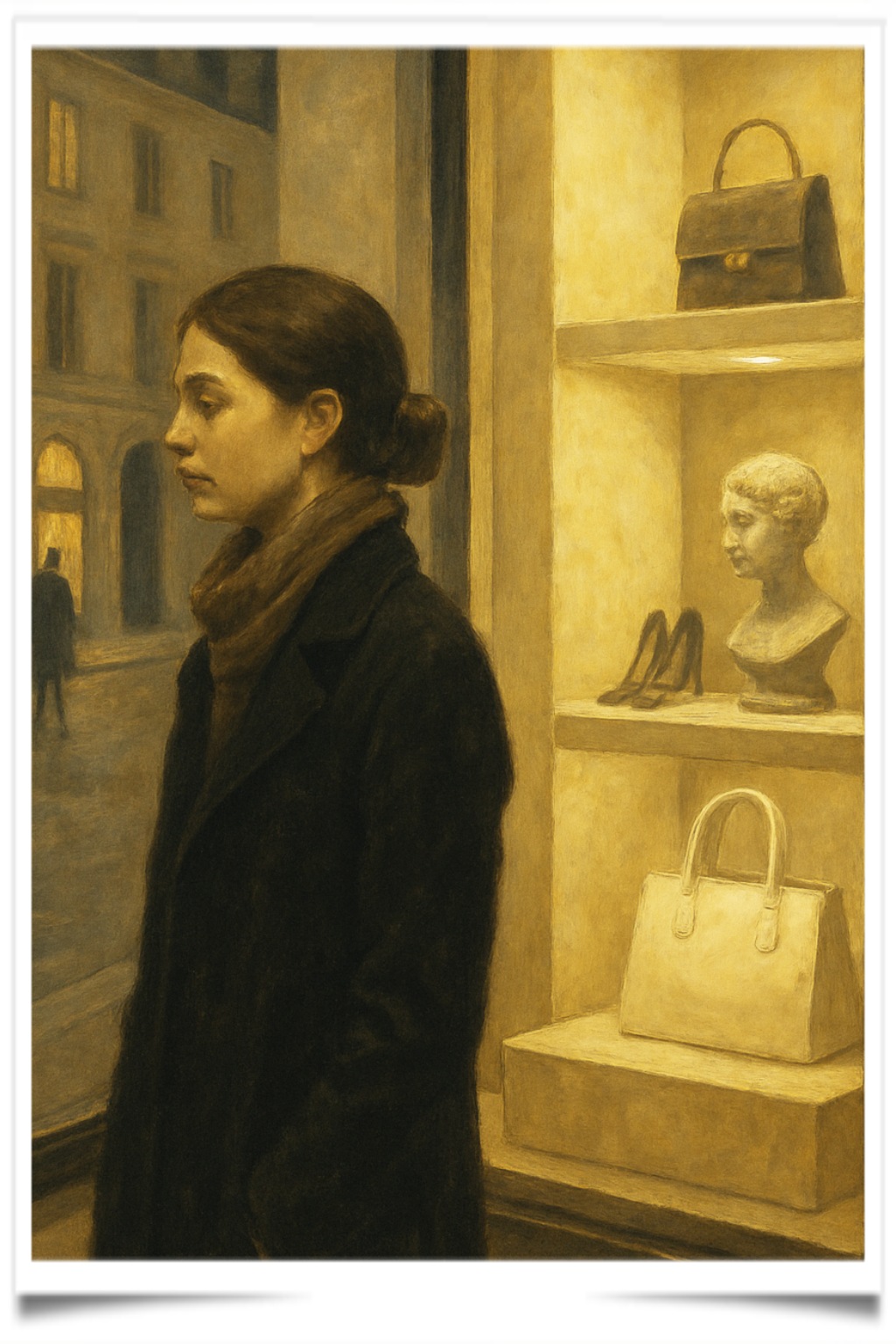 There was a time, not so long ago, when working for a major luxury brand was enough to ignite dreams. The mere name of a brand, embroidered on a business card, opened doors to the world and brought smiles. But since the silent storm of the Covid-19 crisis, that charm has eroded. Recruiting in the retail sector has become an uncertain, almost thankless task. And luxury, despite its brilliance, is no longer an exception.
There was a time, not so long ago, when working for a major luxury brand was enough to ignite dreams. The mere name of a brand, embroidered on a business card, opened doors to the world and brought smiles. But since the silent storm of the Covid-19 crisis, that charm has eroded. Recruiting in the retail sector has become an uncertain, almost thankless task. And luxury, despite its brilliance, is no longer an exception.
Shop windows still gleam, salons still echo with the hushed murmur of rare fabrics, but the backstage is searching for players. According to a study by the Comité Colbert, French luxury houses are struggling to attract new talent. Boutique positions that living theater where the emotion of the first encounter with an exceptional object plays out – remain vacant longer than before. And on the front lines, in hotels or flagships, the shortage is felt even more acutely because service demands haven’t changed.
But it’s at the very top that the absence becomes glaring: 93% of luxury houses admit to difficulties recruiting directors. These are the very individuals who once embodied the link between elegance and operations, between vision and the immediate.
Why this desertion? Perhaps because the pandemic offered everyone a glimpse of something rare: time. A freedom that hadn’t been named before, but is now recognized as a true richness. It comes at a cost, of course in ambitions, in titles, in late nights at work – but it brings a well-being that no one is willing to compromise anymore.
So, the luxury industry is asking itself: How can it continue to shine without voices to carry its message? How can excellence and humanity be combined? It’s no longer just about offering careers, but balanced, respected lives. It’s no longer enough to have a brand; one must also have meaning.
And perhaps it is there, in this quest for meaning, that luxury will find its rebirth.
FM
